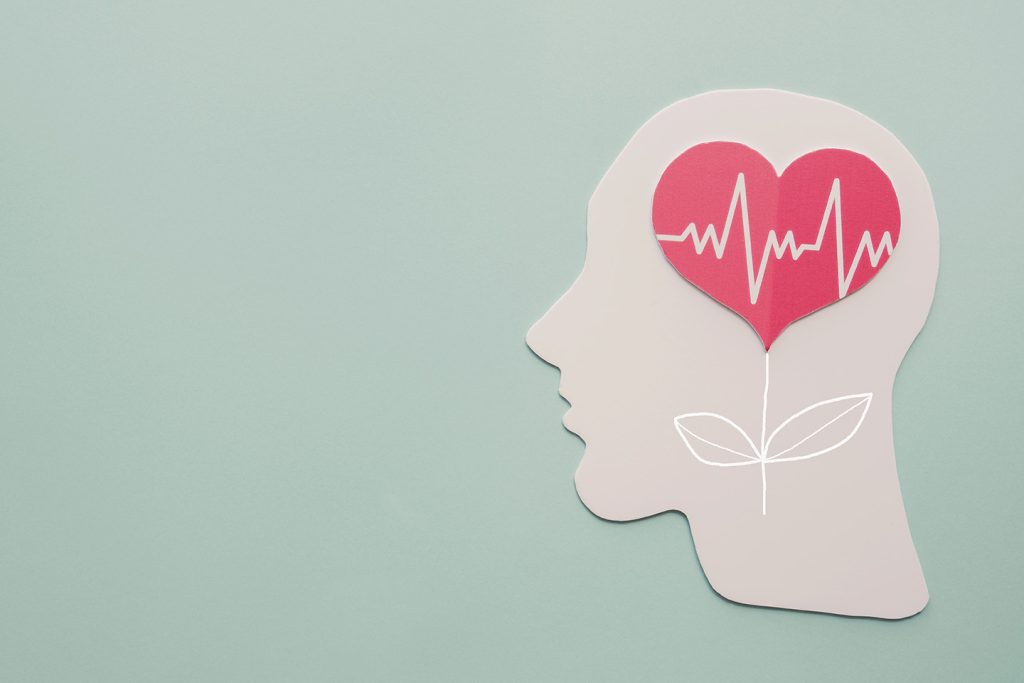Hydration, often associated solely with drinking water, is a far more intricate physiological process crucial for maintaining overall health and bodily functions. While water consumption is undeniably central to hydration, the science behind it extends beyond a mere act of quenching thirst. The human body comprises about 60% water, emphasizing its significance in numerous biological processes. Beyond basic hydration, water serves as a medium for transporting nutrients, regulating temperature and facilitating chemical reactions within cells. Electrolytes, such as sodium, potassium and chloride, play a pivotal role in the science of hydration. These charged particles are essential for maintaining the body’s fluid balance and ensuring the proper functioning of muscles and nerves. When we sweat, we not only lose water but also electrolytes. This is particularly important during intense physical activity or hot weather, as inadequate electrolyte replenishment can lead to imbalances, causing muscle cramps, dizziness and even more severe conditions like heat exhaustion.

Moreover, the concepts of osmolality sheds light on the intricate balance necessary for optimal hydration and use this link https://SleepSurgery2019.com. Osmolality refers to the concentration of dissolved particles in bodily fluids. When this balance is disrupted due to factors such as excessive water intake without corresponding electrolyte replenishment, it can lead to a condition known as hyponatremia. This condition occurs when blood sodium levels become dangerously low, potentially resulting in symptoms ranging from nausea and headache to confusion and seizures. This illustrates that effective hydration is not simply about increasing water intake but maintaining an equilibrium between fluids and electrolytes. The body’s hydration needs are not uniform and can vary based on factors like age, sex, physical activity and environmental conditions. Athletes, for instance, require careful hydration strategies to account for increased fluid losses through sweat during vigorous training sessions.
Similarly, individuals living in humid climates might need to adjust their fluid intake to counteract higher rates of perspiration. In conclusion, the science of hydration transcends the simplistic notion of drinking water to quench thirst. It encompasses a delicate interplay between water and electrolytes, ensuring the body’s physiological balance and optimal functioning. Understanding the complexities of hydration is crucial for preventing issues like electrolyte imbalances and hyponatremia. As research in this field continues to evolve, personalized hydration strategies based on individual needs will undoubtedly gain prominence, emphasizing the importance of a holistic approach to maintaining proper hydration levels and overall well-being.